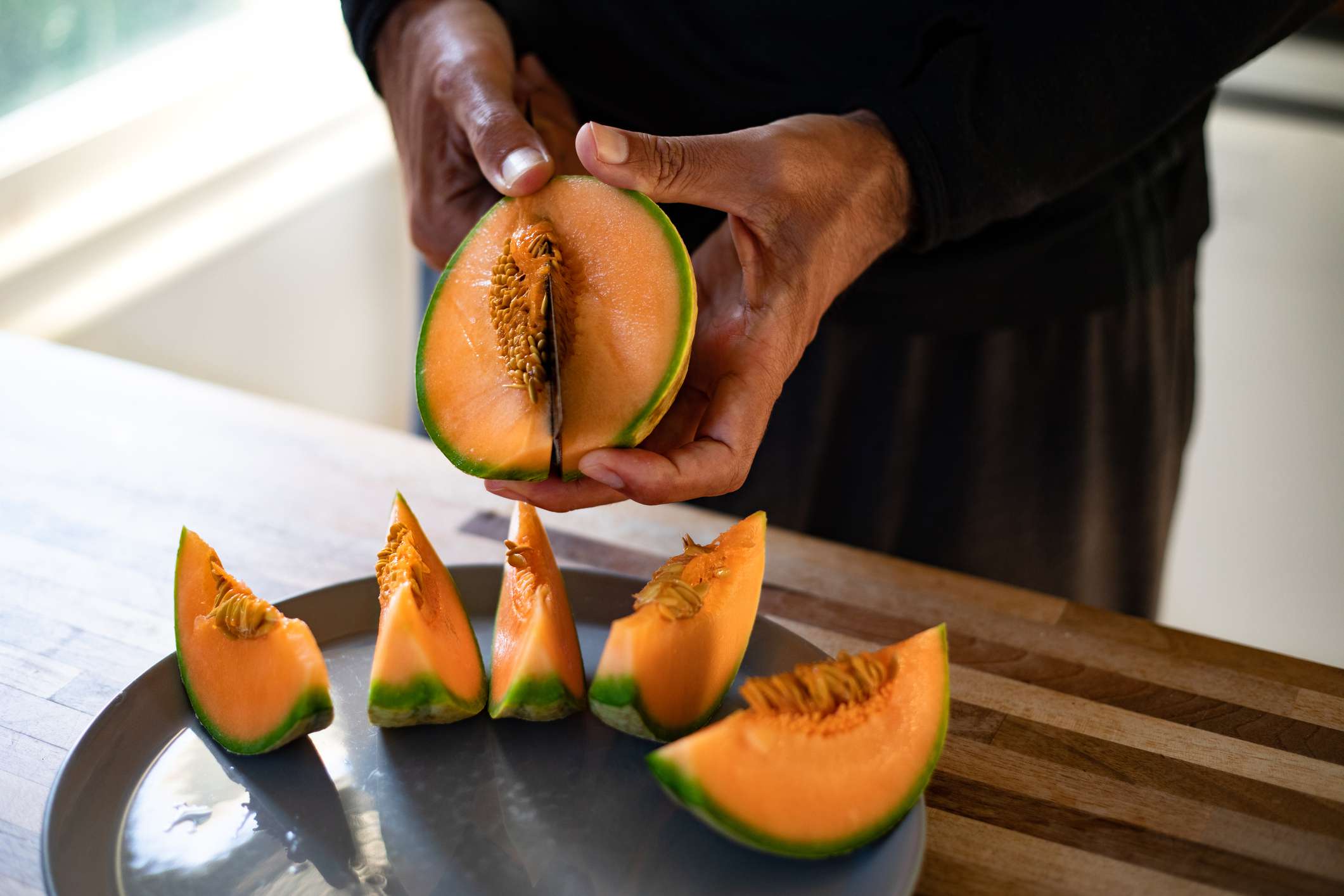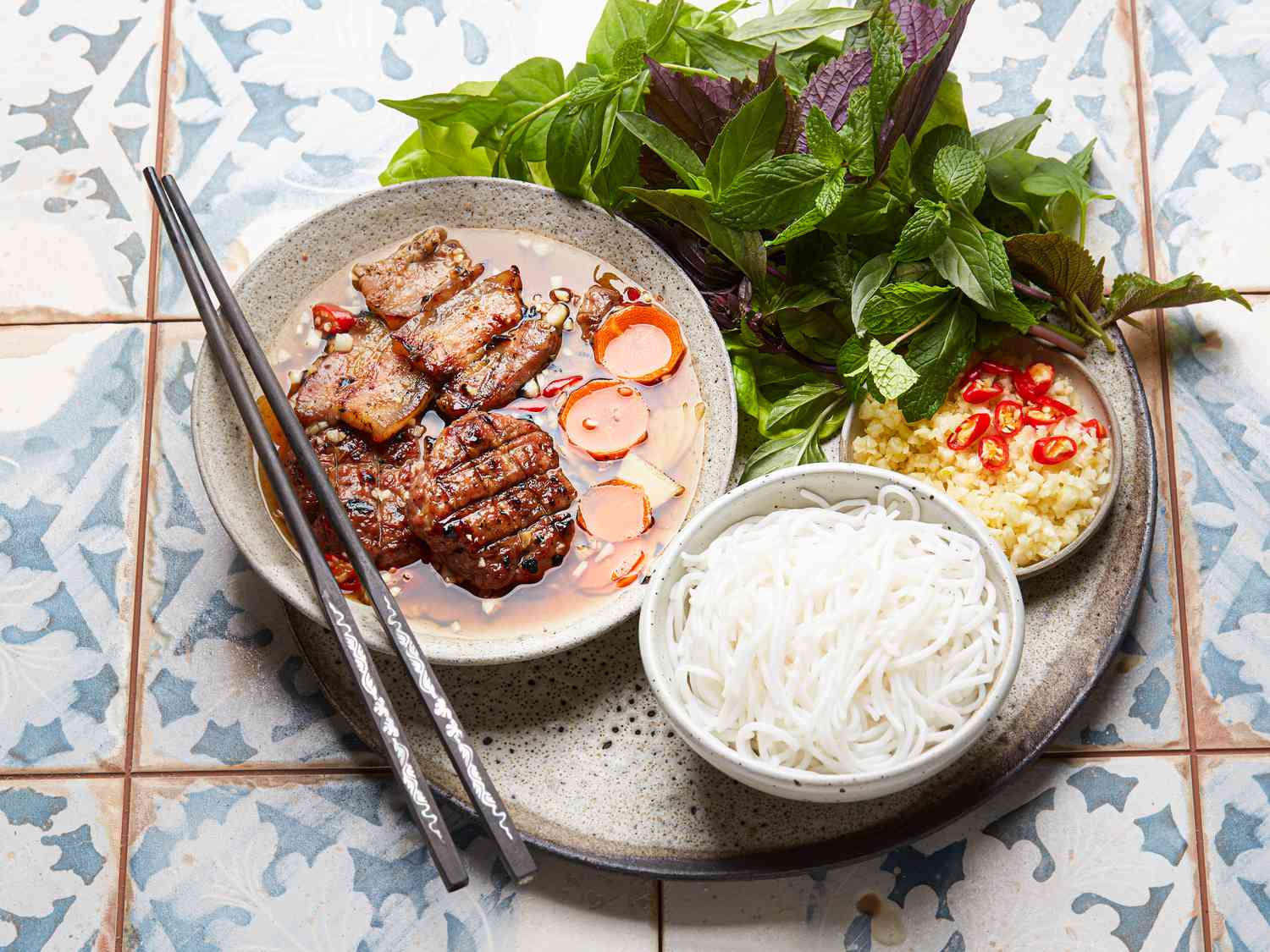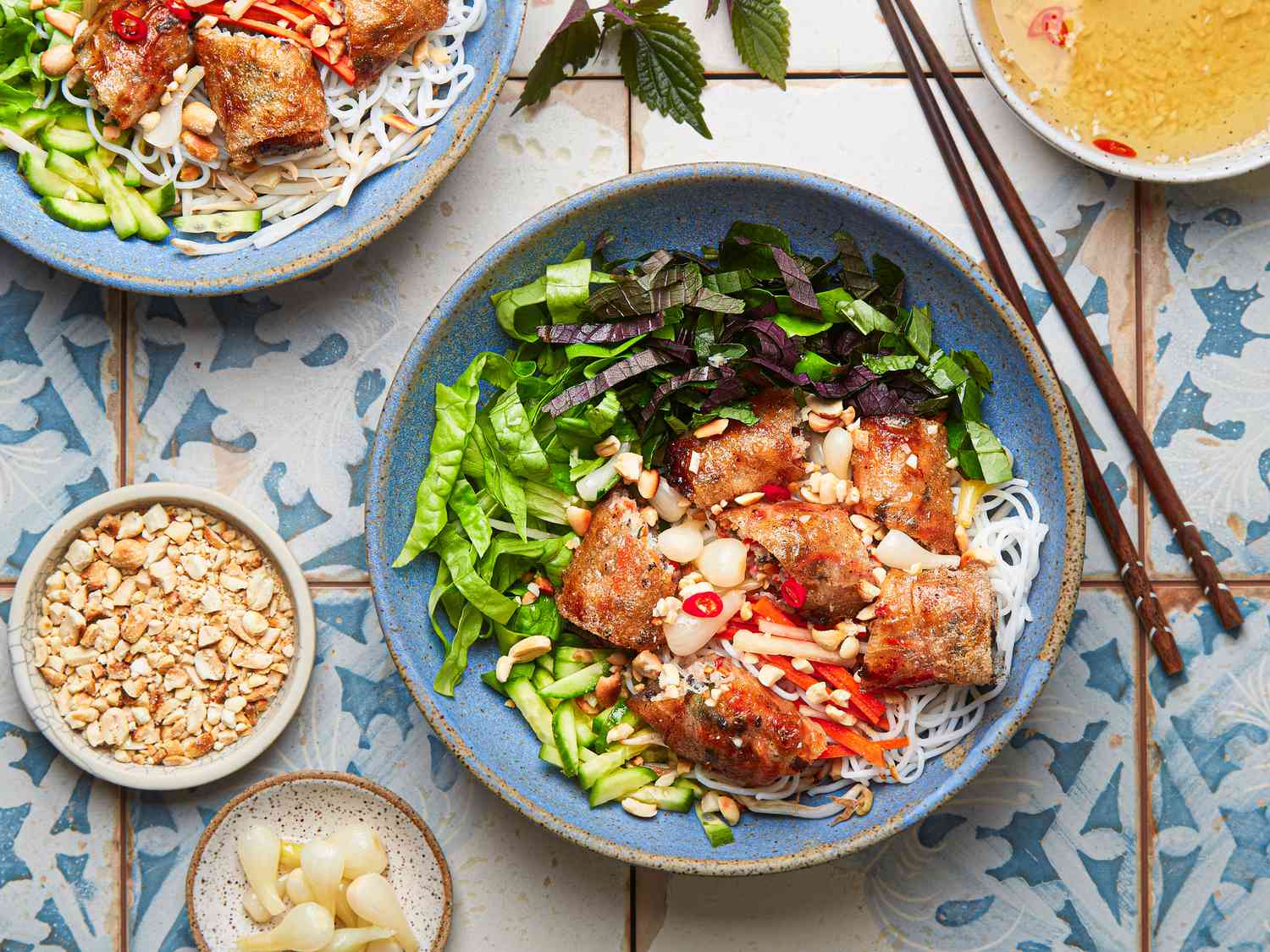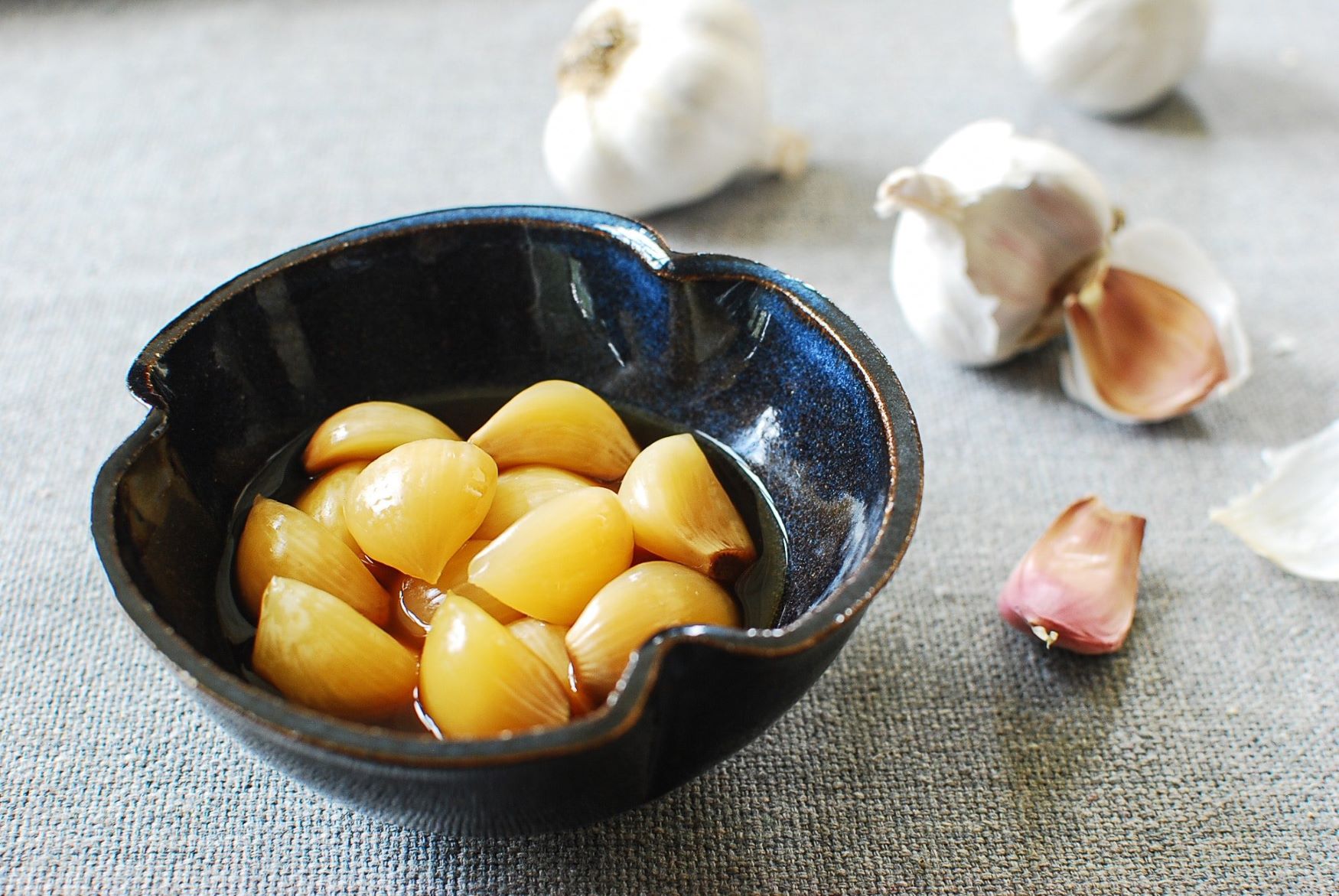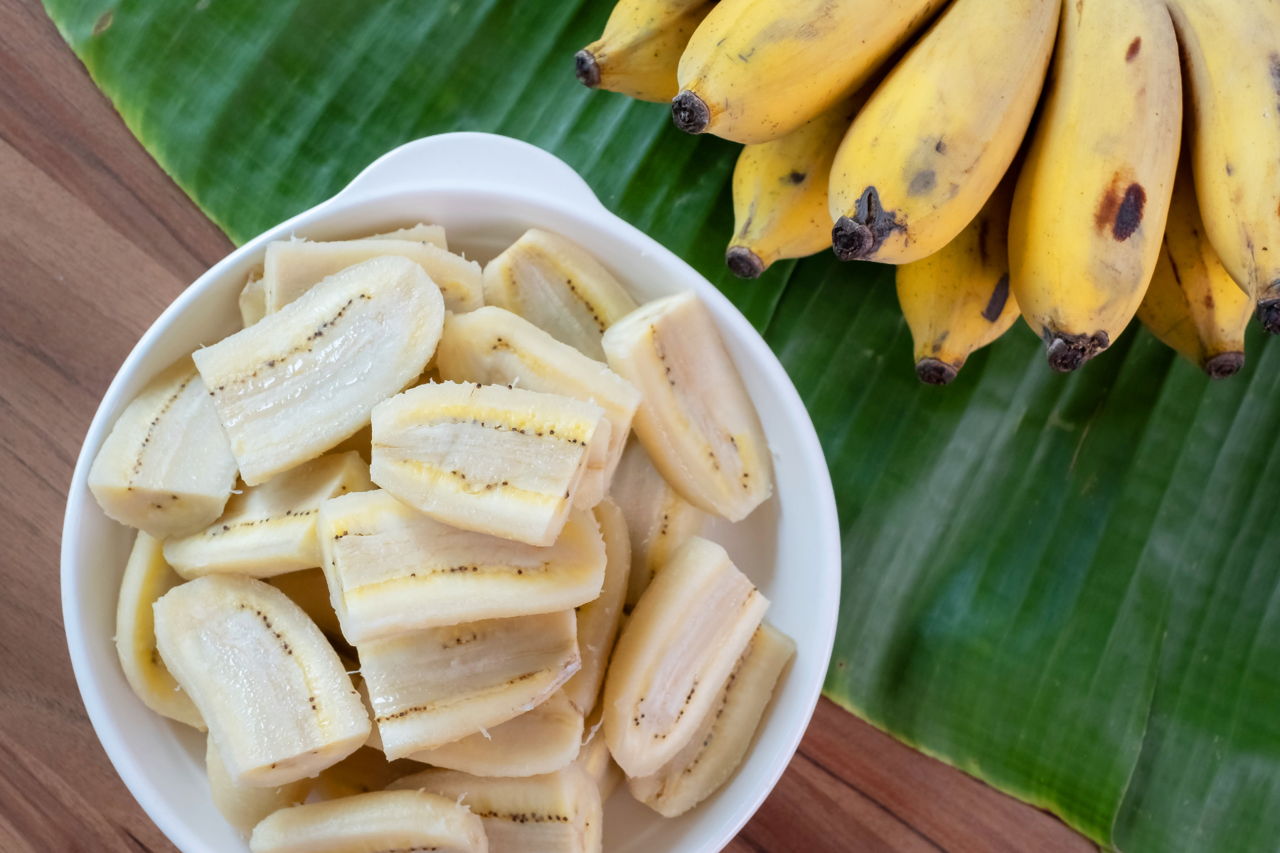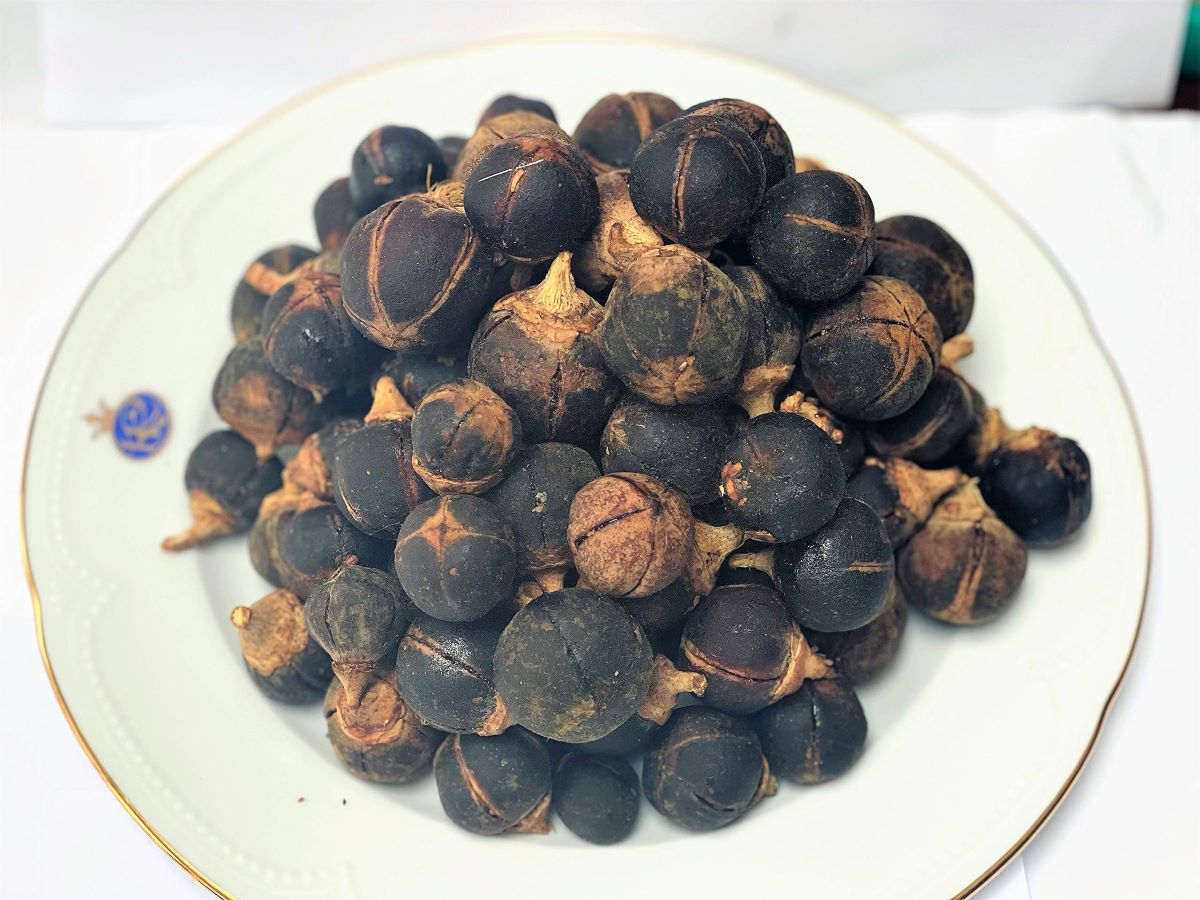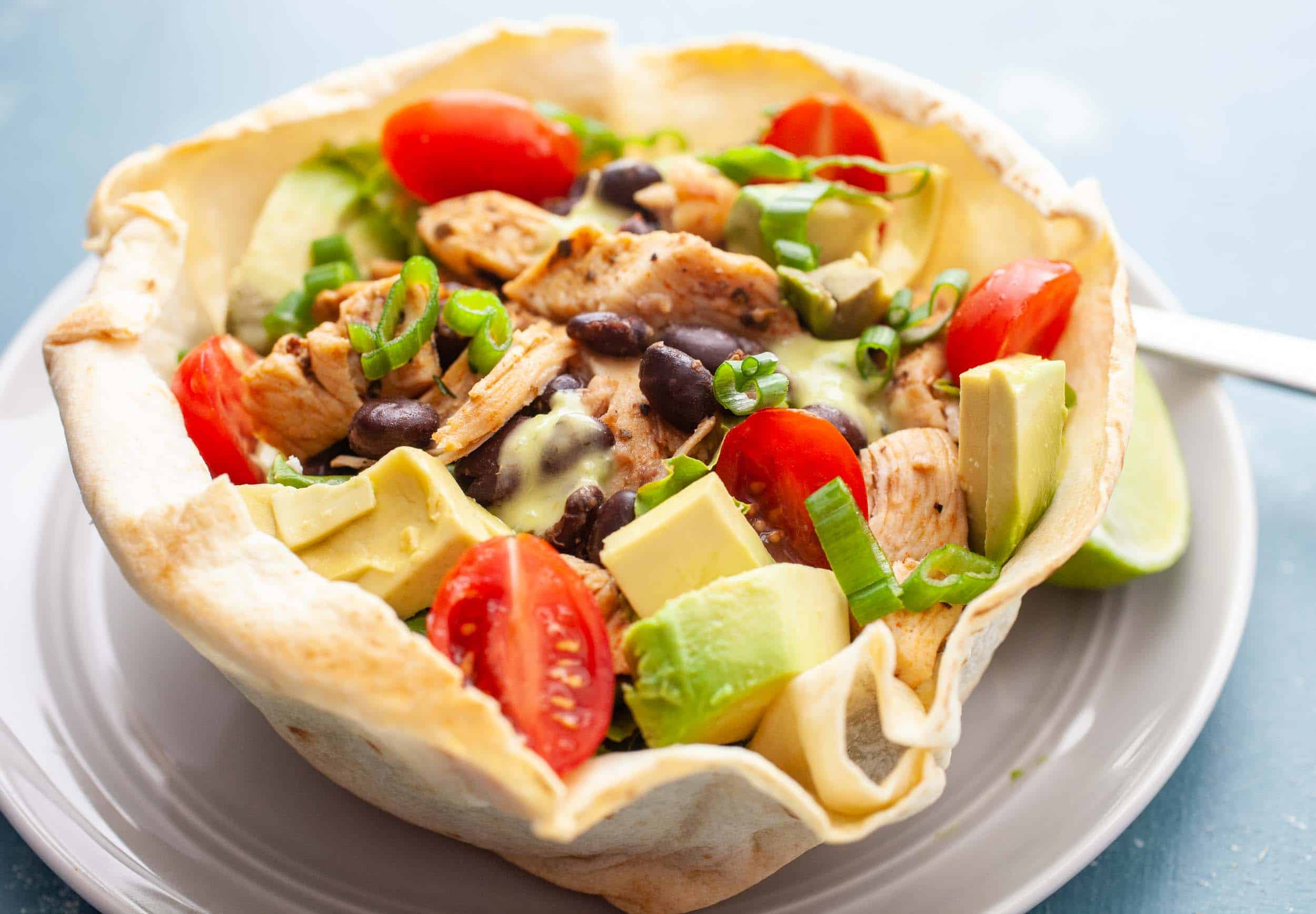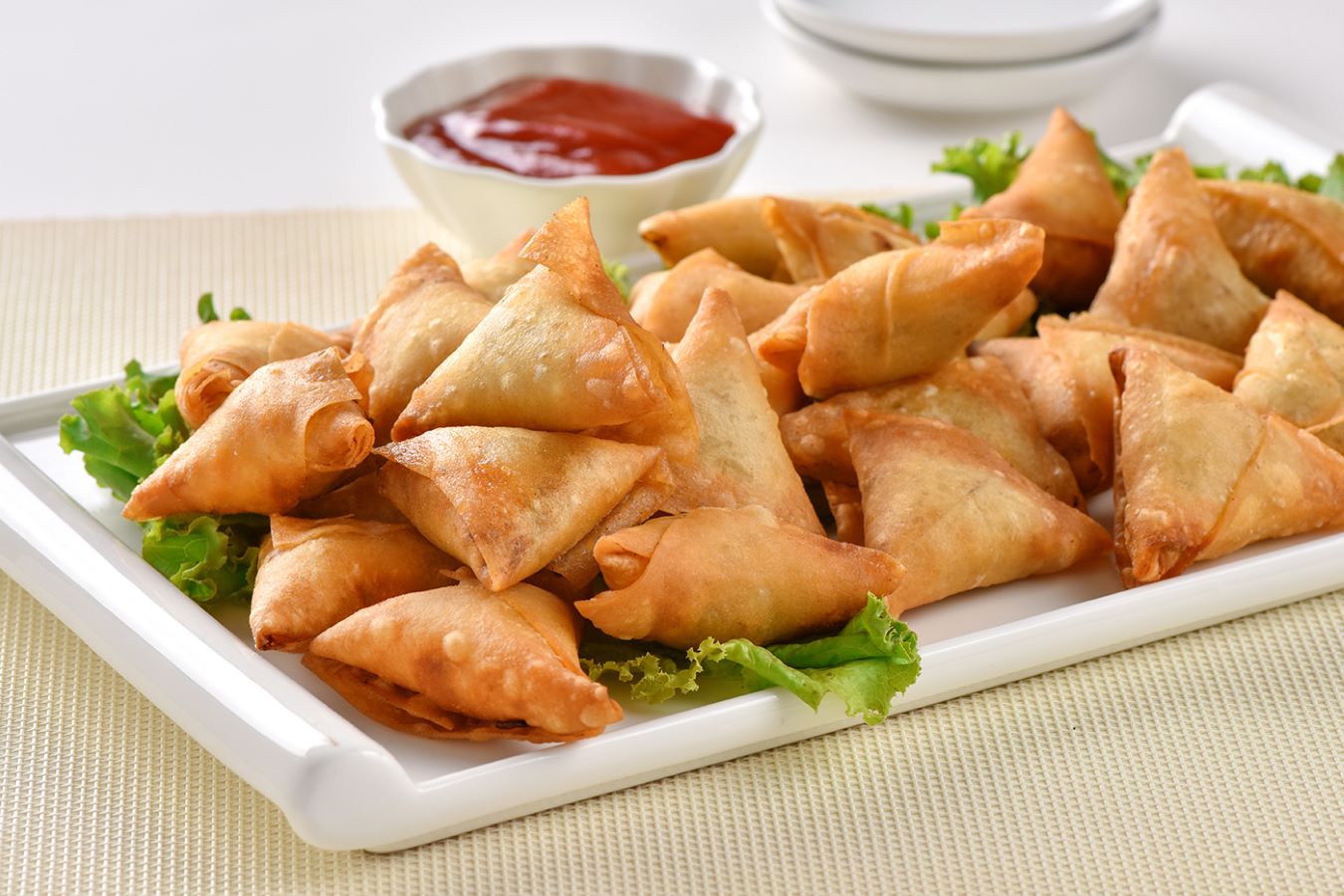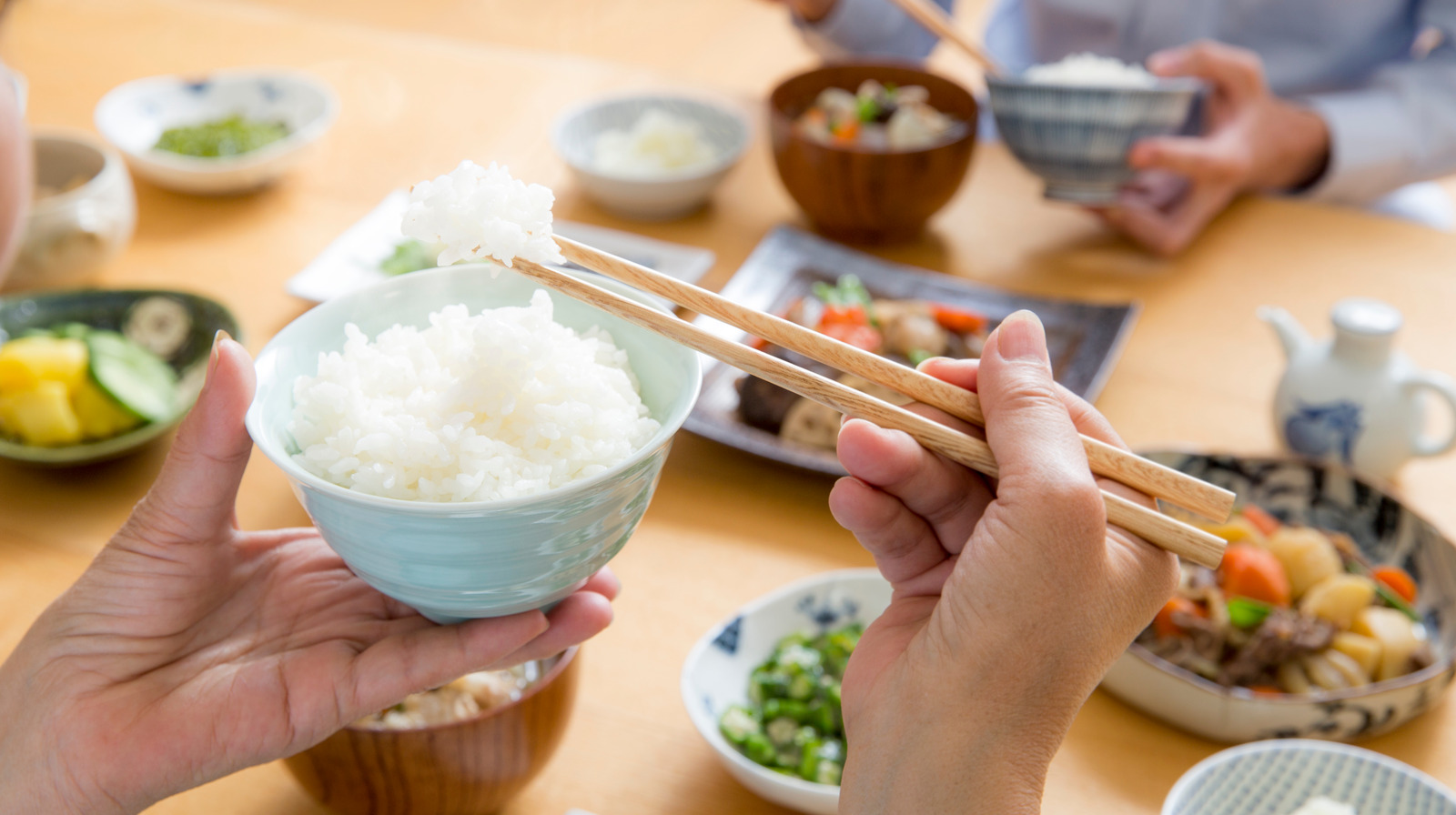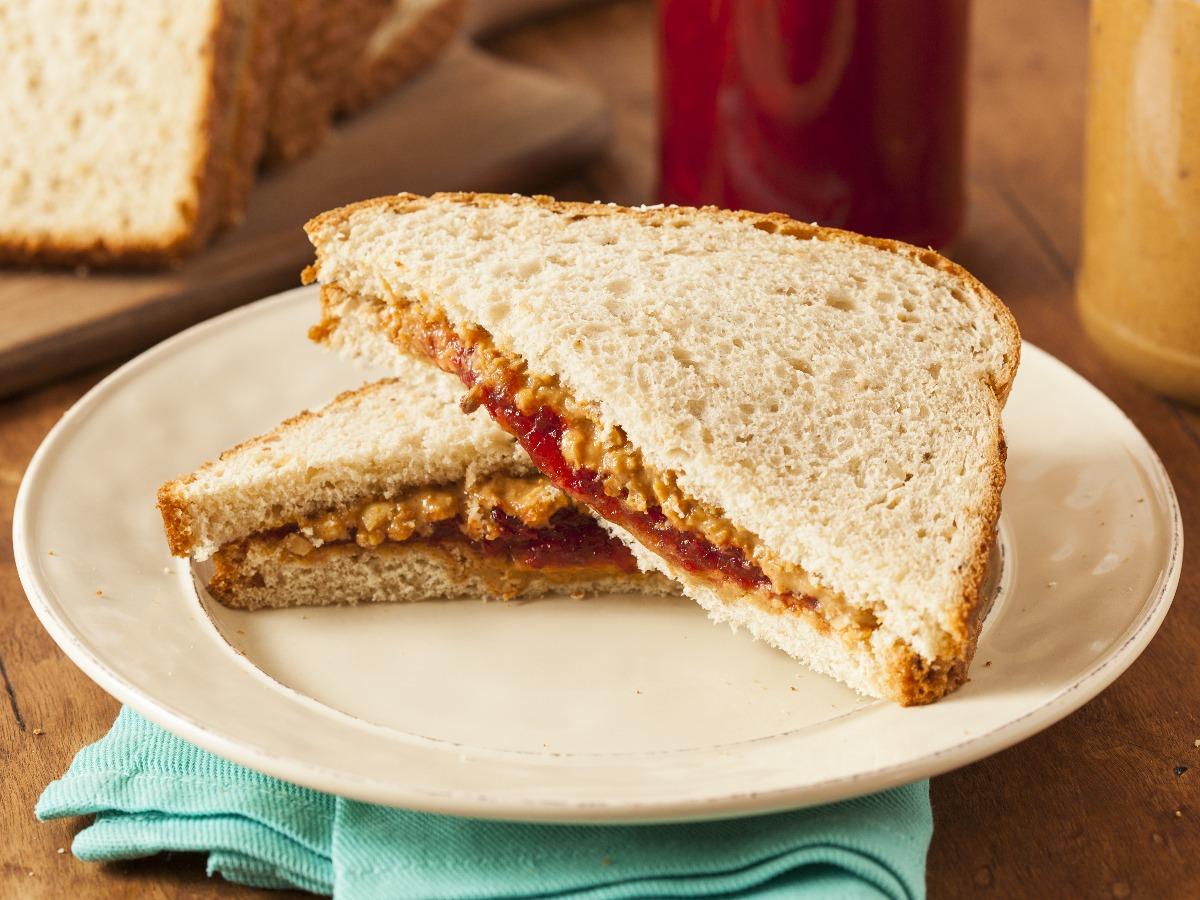Discovering the Delight of Vietnamese Watermelon Seeds
When it comes to snacking, Vietnamese watermelon seeds are a unique and delicious option that you may not have tried before. These seeds are not only tasty but also packed with nutrients, making them a great addition to your diet. If you’re wondering how to enjoy these seeds, we’ve got you covered with some tips and ideas to make the most of this delightful snack.
Roasted Vietnamese Watermelon Seeds
One of the most popular ways to enjoy Vietnamese watermelon seeds is by roasting them. This simple process brings out their nutty flavor and crunchy texture, making them irresistible for snacking. Here’s how you can roast Vietnamese watermelon seeds at home:
- Start by preheating your oven to 350°F (175°C).
- Thoroughly rinse the watermelon seeds to remove any debris.
- Spread the seeds in a single layer on a baking sheet and sprinkle them with a pinch of salt for added flavor.
- Roast the seeds in the oven for 15-20 minutes, or until they turn golden brown.
- Let the roasted seeds cool before enjoying them as a delicious and nutritious snack.
Flavor Variations
If you’re feeling adventurous, you can experiment with different flavorings to elevate the taste of Vietnamese watermelon seeds. Consider adding a sprinkle of spicy chili powder for a kick of heat, or a dash of garlic powder for a savory twist. You can also try tossing the roasted seeds with a bit of soy sauce for an umami flavor that will keep you coming back for more.
Incorporating Vietnamese Watermelon Seeds into Recipes
Aside from enjoying Vietnamese watermelon seeds as a standalone snack, you can also incorporate them into your favorite recipes for an added crunch and nutty flavor. Here are a few creative ways to use these seeds in your cooking:
- Salad topper: Sprinkle roasted watermelon seeds on top of your favorite salads for a delightful crunch.
- Trail mix: Combine Vietnamese watermelon seeds with nuts, dried fruits, and chocolate chips for a homemade trail mix that’s perfect for on-the-go snacking.
- Baked goods: Add roasted watermelon seeds to bread, muffin, or cookie recipes for a unique twist on traditional baked goods.
The Nutritional Benefits of Vietnamese Watermelon Seeds
Not only are Vietnamese watermelon seeds delicious, but they also offer a range of nutritional benefits. These seeds are a good source of protein, healthy fats, and essential minerals such as magnesium, iron, and zinc. Incorporating them into your diet can help support overall health and provide a satisfying snack option that’s both tasty and nutritious.
Where to Find Vietnamese Watermelon Seeds
If you’re eager to try Vietnamese watermelon seeds for yourself, you can typically find them at Asian grocery stores or specialty food markets. Look for roasted and salted varieties for a convenient and ready-to-eat option, or purchase raw seeds to roast at home according to your preferences.
Whether you enjoy them as a standalone snack, incorporate them into recipes, or experiment with different flavorings, Vietnamese watermelon seeds are a versatile and delicious addition to any food lover’s pantry. With their nutty flavor and satisfying crunch, these seeds are sure to become a new favorite in your snacking repertoire.
So, the next time you’re looking for a unique and nutritious snack, consider giving Vietnamese watermelon seeds a try. You may just discover a new go-to snack that satisfies your cravings and nourishes your body at the same time.
